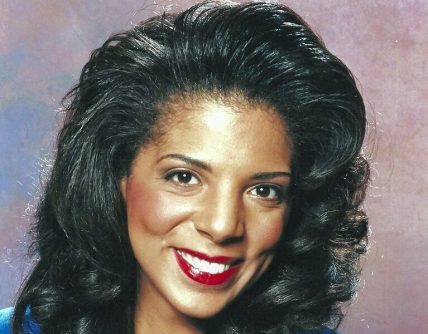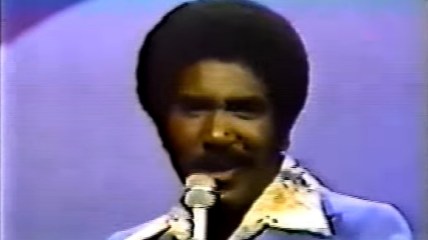William H. Dilday Jr., first Black TV station manager in U.S., dies
He took over a Jackson, Mississippi, TV station known for its racism and led it to new heights.
William H. Dilday Jr., the first Black television station manager in the United States who was also one of the 44 founders of the National Association of Black Journalists (NABJ), died on July 27 in Newton, Massachusetts. He was 85.
Several media outlets reported his death. His daughter Kenya Dilday told The New York Times that he died from complications from a fall.

In 1972, when Dilday was just 34, he took over WLBT, the NBC affiliate in Jackson, Mississippi. The station had been beset by controversy and was party to a lawsuit that resulted in a historic decision.
A Jackson life insurance company owned WLBT and, in 1964, was up for its FCC station license renewal. A group of citizens and the United Church of Christ protested the renewal because of the station’s racist actions, which included regularly using a slur on air.
The FCC granted WLBT’s renewal, but the church and citizens sued. After years of court cases, an appeals court reversed the FCC license renewal and transferred the license to a local nonprofit affiliated with the church. That cemented WLBT’s history as the first TV station to lose its FCC license.
It was against that backdrop that Dilday took the job. The Times noted that, as a Boston native, Dilday was initially reluctant to leave his position as personnel director for WHDH in his hometown and move south. But he did and immediately began making his mark.
He diversified the staff and the station’s programming. In its obituary, the Times said he hired Dorothy Gibbs, a Black woman, to create “Our Playmates,” an integrated children’s show. He led the station to the No. 1 ranking in its market, the National Association of Black Journalists noted.
By 1977, a Black man anchored the 6 p.m newcast, 40% of the station’s staff was Black, and one-third were women, according to a 1977 Times story.
He also suffered his share of insults. The station received a torrent of hate calls and mail when it announced he would be station manager. When he editorialized on air, more threats came, The Time reported.
He also had to battle his staff. His production department threatened to quit when Dilday promoted a Black man to a manager’s job. Three employees did resign.
Through it all, Dilday held firm and ran the station to his best journalistic ability and in a way that made money. He was criticized for covering a white supremacist rally, a decision he said he made because he wanted viewers to see the hate. He refused to broadcast the TV miniseries “Beulah Land” because it portrayed enslaved people as happy on the plantation. (The Washington Post, in a review, said the series had provoked outrage over its “degrading” treatment of Black people.)
Dilday also made the nonprofit station money, bringing in excess revenue of $500,000 on $3.7 million in earnings.
Dilday left WLBT in 1985 and took a job at WJTV, the Jackson CBS affiliate, where he stayed until his retirement in 2000.
TheGrio is FREE on your TV via Apple TV, Amazon Fire, Roku, and Android TV. Please download theGrio mobile apps today!


